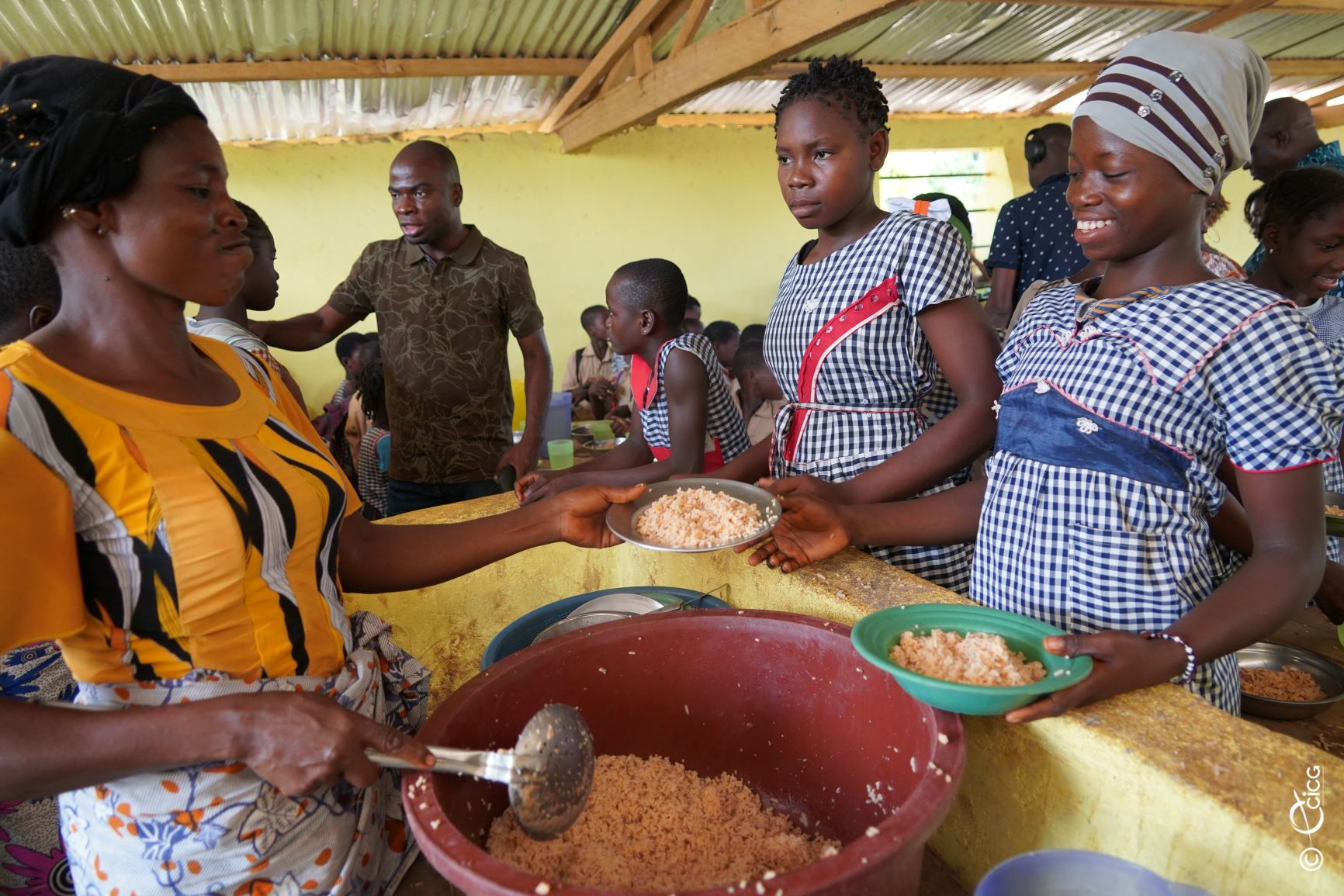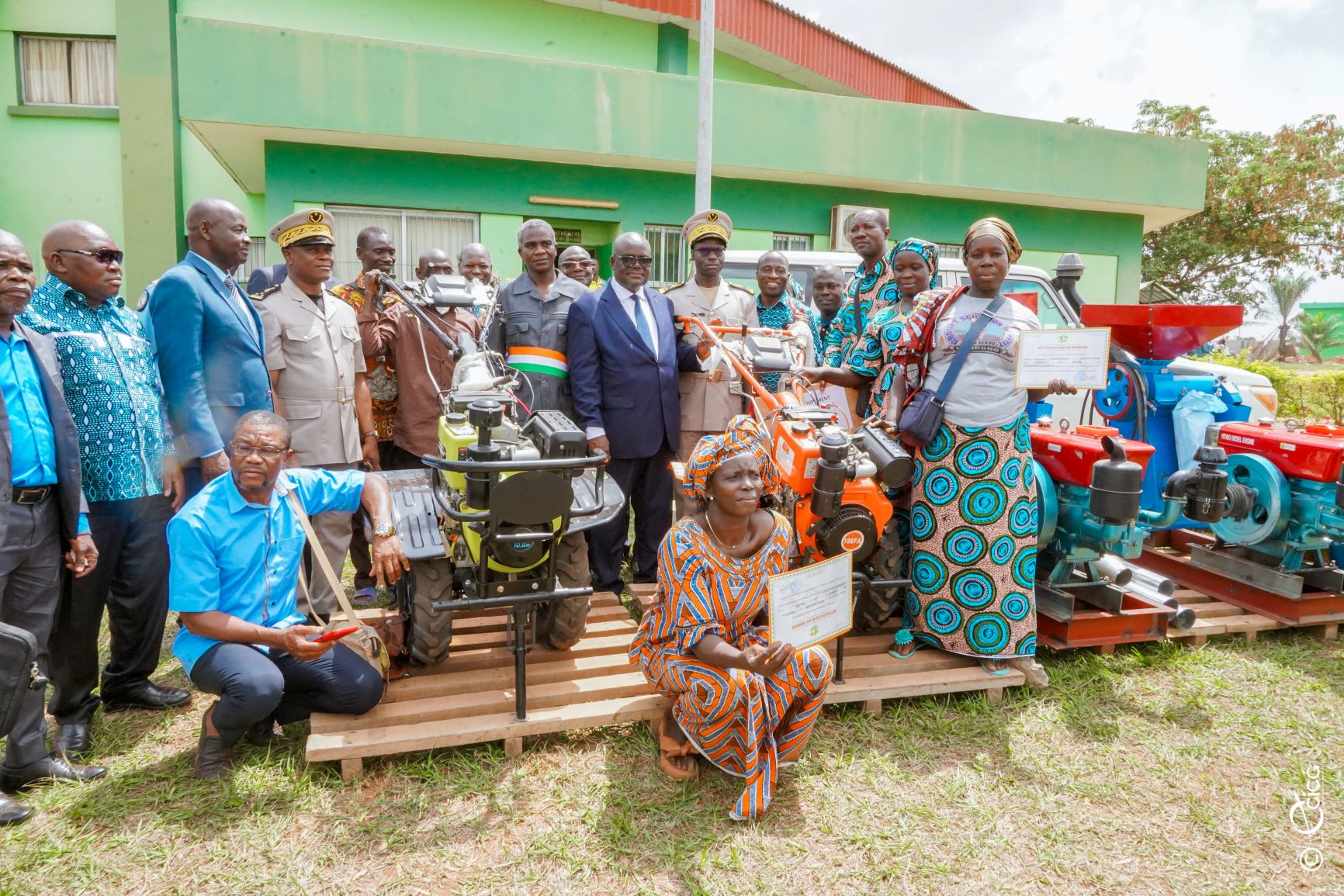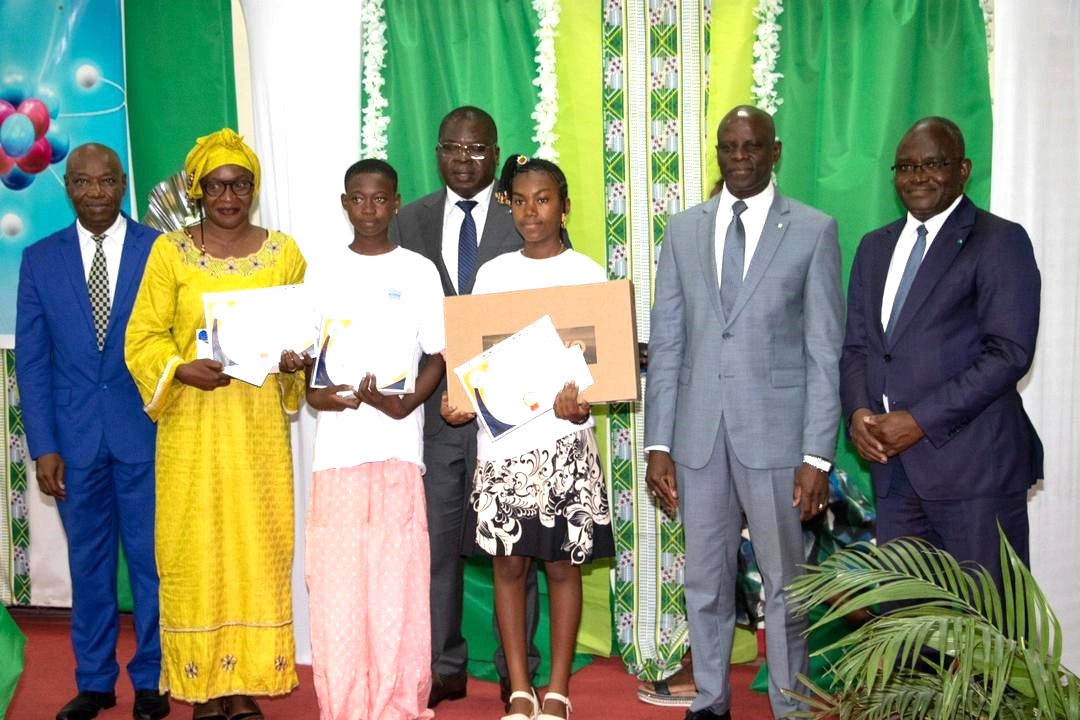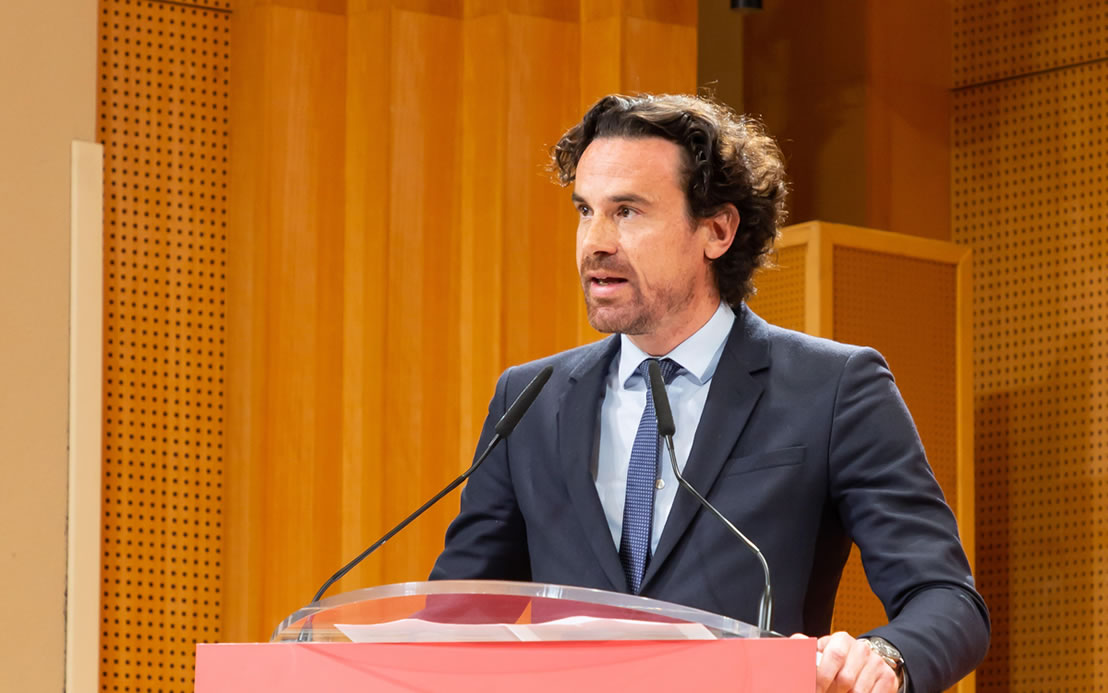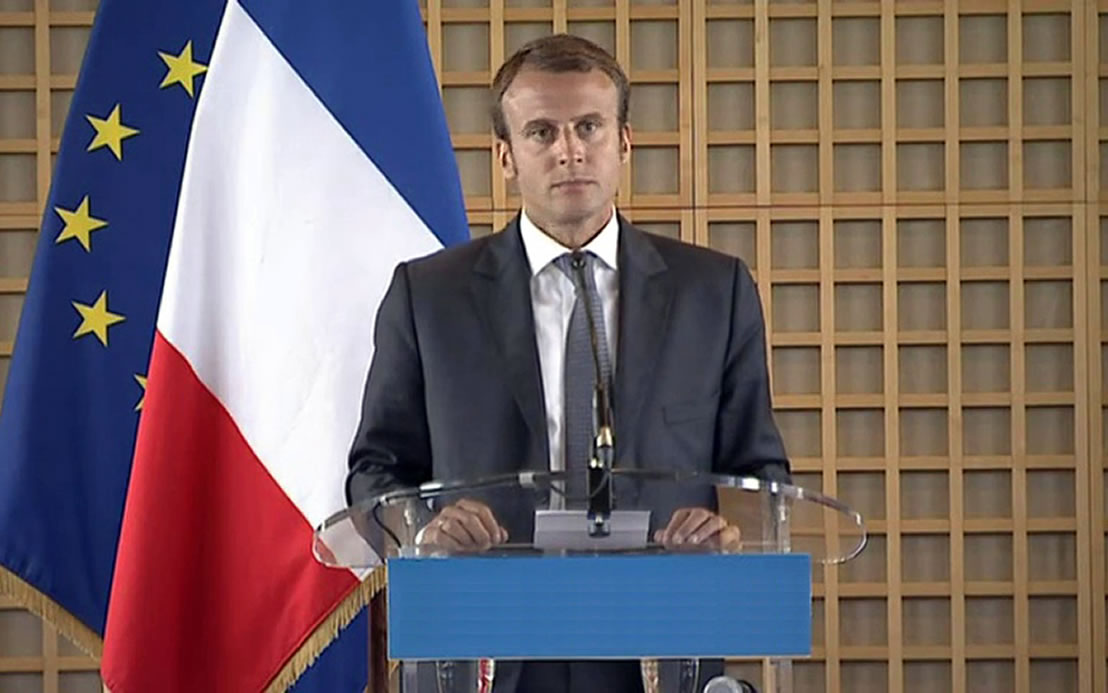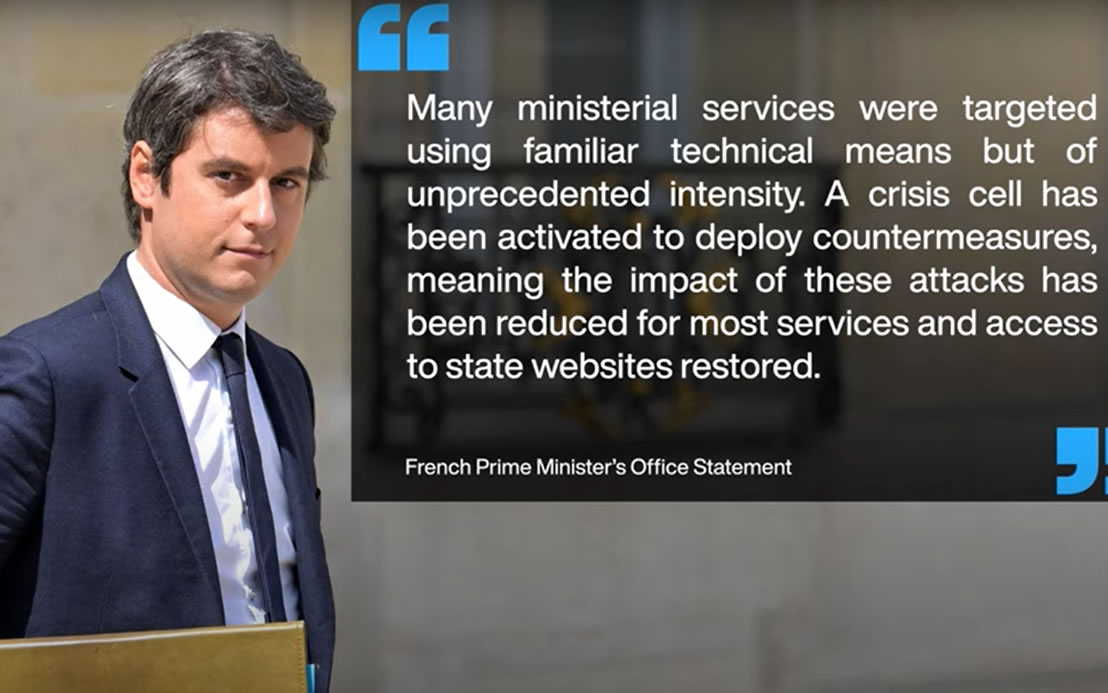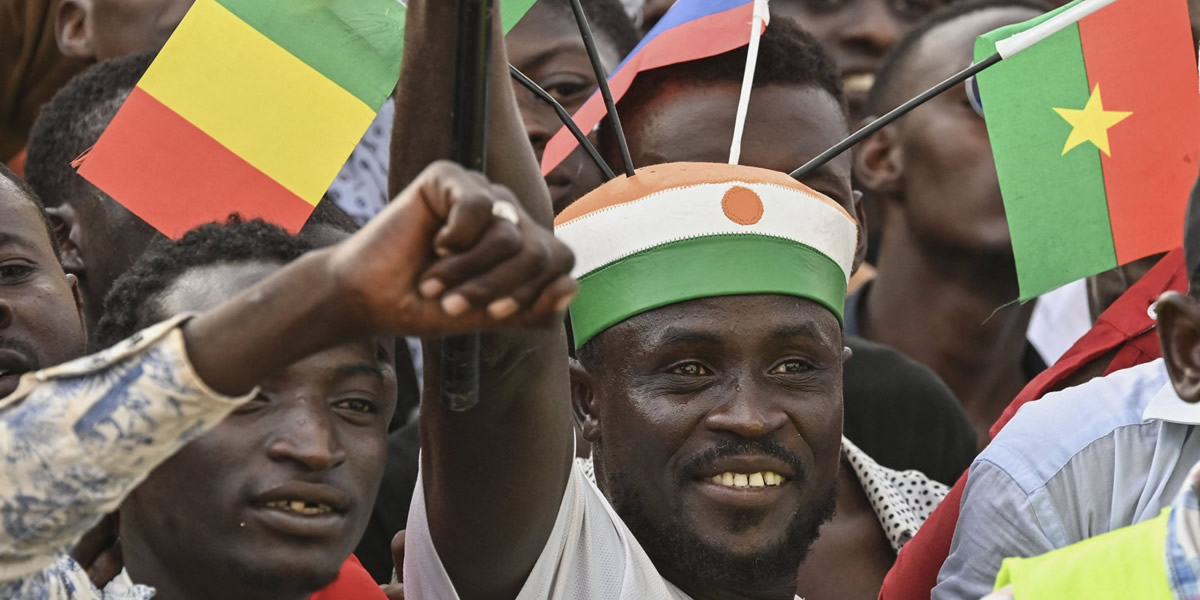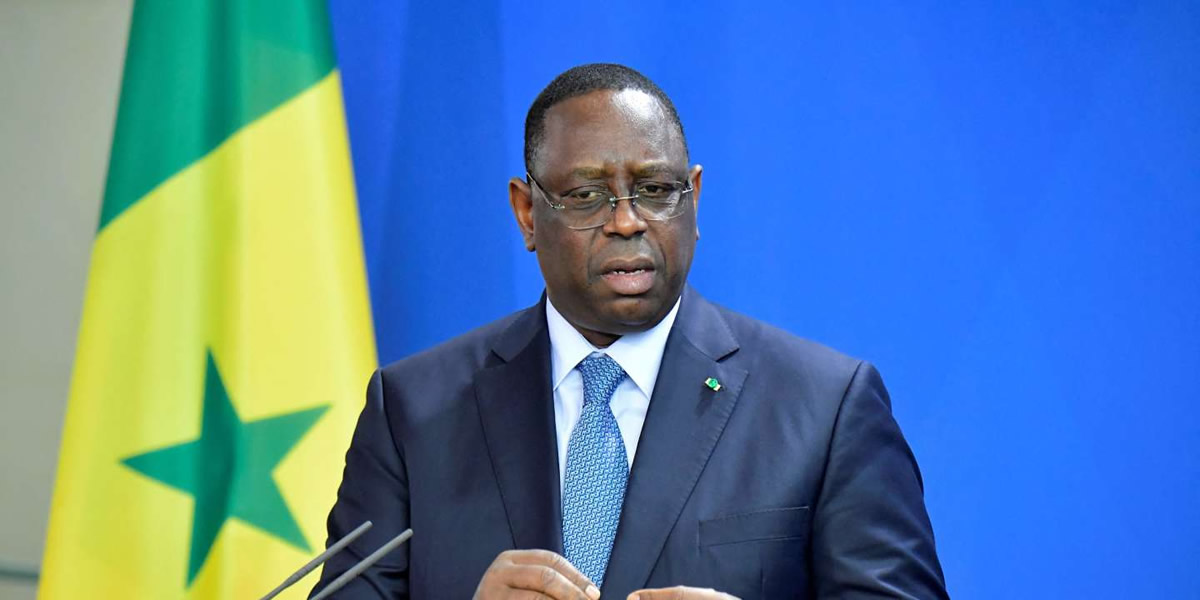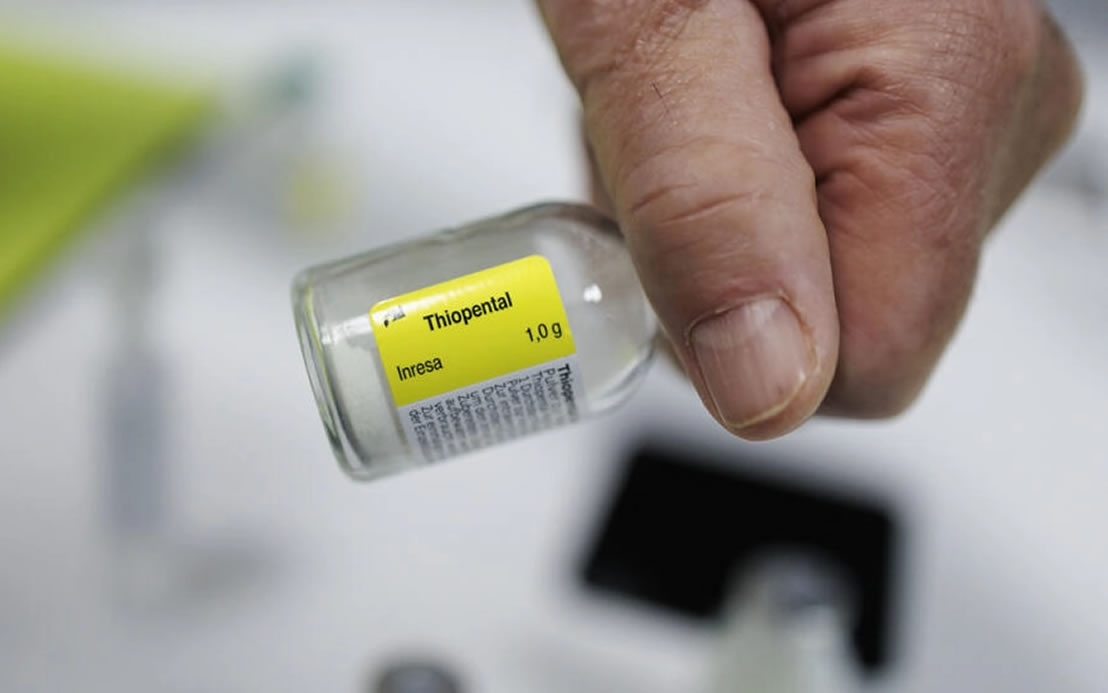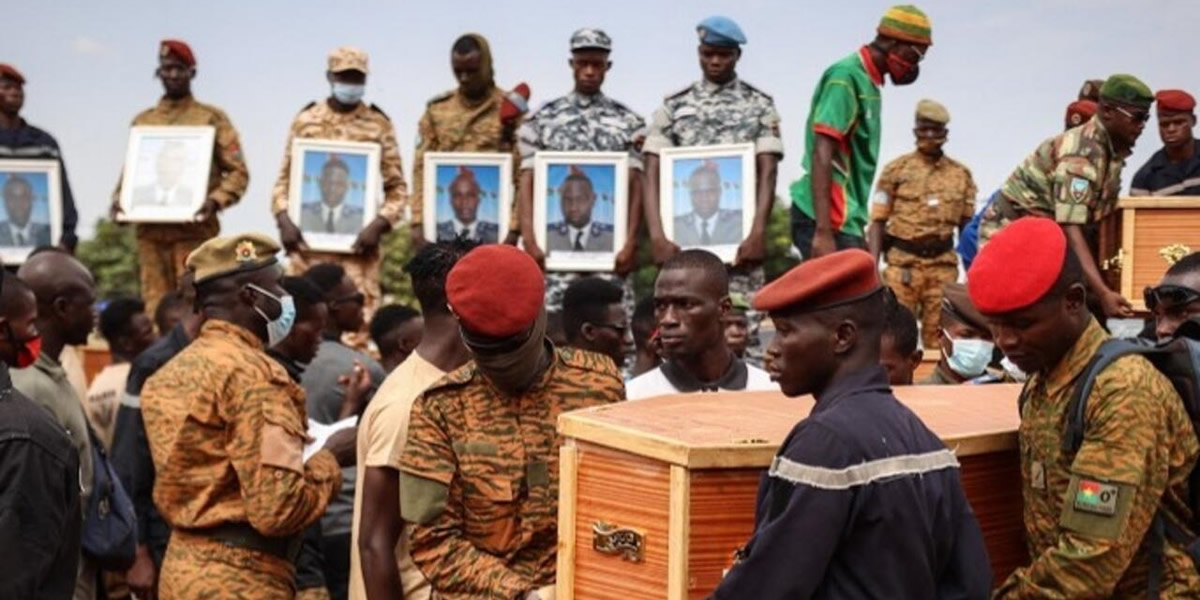Côte d'Ivoire actively participated in the African Heads of State Summit on Energy in Dar es Salaam as part of the “Mission 300” initiative, spearheaded by the World Bank and the African Development Bank. This initiative seeks to provide electricity access to 300 million people in sub-Saharan Africa by 2030. Côte d'Ivoire, among 12 pilot countries, presented its National Energy Pact, outlining key reforms and investment strategies for a reliable and sustainable energy sector. The country has committed to a $6.56 billion energy infrastructure investment, emphasizing decentralized renewable energy solutions and private sector engagement. However, several challenges persist, including funding mobilization, infrastructure reliability, and policy reforms. This article delves into these concerns and their impact on Côte d'Ivoire's economy and Africa’s broader energy landscape.
10 Concerns Addressed in the Article
- High cost of energy infrastructure development
- Challenges in mobilizing private sector investment
- Limited access to electricity in rural areas
- Need for policy and regulatory reforms in energy sector
- Dependence on fossil fuels and the shift to renewables
- Integration of decentralized renewable energy solutions
- Financial sustainability of energy projects
- Impact of unreliable electricity on economic growth
- Geopolitical and regional cooperation challenges in energy trade
- Long-term sustainability of government energy commitments
Energy Investment in Côte d'Ivoire and Africa: Key Commitments from the Summit
The Significance of the African Energy Summit
The African Heads of State Summit on Energy in Dar es Salaam brought together key stakeholders, including political leaders, development banks, and private investors, to address one of the continent’s most pressing issues—energy access. Côte d'Ivoire, as one of the pilot countries, took center stage in outlining its roadmap towards universal electricity access. With a commitment of $6.56 billion over the next five years, the country aims to rehabilitate aging infrastructure, expand access to rural areas, and integrate renewable energy solutions.
How Côte d'Ivoire Plans to Improve Energy Access
Côte d'Ivoire’s National Energy Pact includes strategic reforms that will define the energy landscape of the country in the coming years. The government is prioritizing:
- Rehabilitation of aging power grids** to reduce energy losses and improve reliability.
- Encouraging private sector investments** to supplement public funding.
- Expanding decentralized renewable energy** solutions, such as solar and wind projects.
- Ensuring regulatory reforms** that create a more business-friendly environment for energy investments.
These strategies align with the broader objectives of the “Mission 300” initiative, ensuring that Côte d'Ivoire plays a leading role in Africa’s energy transformation.
The Economic Impact of Energy Investment in Côte d'Ivoire and Africa
Energy investment in Côte d'Ivoire and Africa is directly linked to economic growth, industrialization, and job creation. Businesses rely on stable electricity supply to operate efficiently, and access to power in rural areas can significantly improve livelihoods. However, the high cost of infrastructure and the slow pace of reforms pose significant challenges.
According to the government, achieving universal electricity access will require substantial financial mobilization, with private sector contributions expected to account for nearly 30% of total investments. This shift from government-led to private-sector-driven energy solutions could increase efficiency and innovation but also demands clear policies and investor-friendly conditions.
Renewable Energy as the Future of Côte d'Ivoire’s Energy Sector
While Côte d'Ivoire has a relatively strong energy sector compared to some neighboring countries, reliance on fossil fuels remains a challenge. The government has set its sights on decentralized renewable energy (DRE) solutions to bridge the electricity gap, especially in rural regions. The country is exploring large-scale solar and wind projects, as well as off-grid energy solutions that can reach remote communities faster than traditional infrastructure projects.
The shift towards renewable energy not only aligns with global sustainability goals but also positions Côte d'Ivoire as a leader in Africa’s clean energy transition. However, financing remains a hurdle, and international partnerships will be crucial in implementing these ambitious plans.
Challenges and the Road Ahead
Despite its commitments, Côte d'Ivoire still faces obstacles in achieving its energy goals:
- High infrastructure costs require innovative financing solutions to prevent budgetary constraints.
- Investor confidence needs to be strengthened through policy transparency and regulatory improvements.
- Rural electrification remains slow, and addressing it requires scalable solutions beyond traditional grid expansion.
- Grid reliability issues can deter industrial investment if not managed efficiently.
- Regional cooperation in energy trade is still limited, affecting electricity affordability and availability.
The government’s focus on attracting private sector involvement will be key in overcoming these challenges. By fostering partnerships with foreign investors, multilateral organizations, and local enterprises, Côte d'Ivoire can ensure that its energy sector remains both financially and operationally sustainable.
Conclusion: A Pivotal Moment for Energy Development in Côte d'Ivoire
The commitments made at the African Heads of State Summit in Dar es Salaam mark a crucial turning point for Côte d'Ivoire’s energy future. With a clear roadmap, significant financial commitments, and a growing emphasis on renewable energy, the country is well-positioned to lead Africa’s energy transformation. However, the success of this initiative depends on the government’s ability to implement reforms, attract investment, and ensure equitable energy distribution. If these challenges are met, Côte d'Ivoire’s energy sector could become a model for the rest of Africa, driving economic growth and improving millions of lives in the process.






